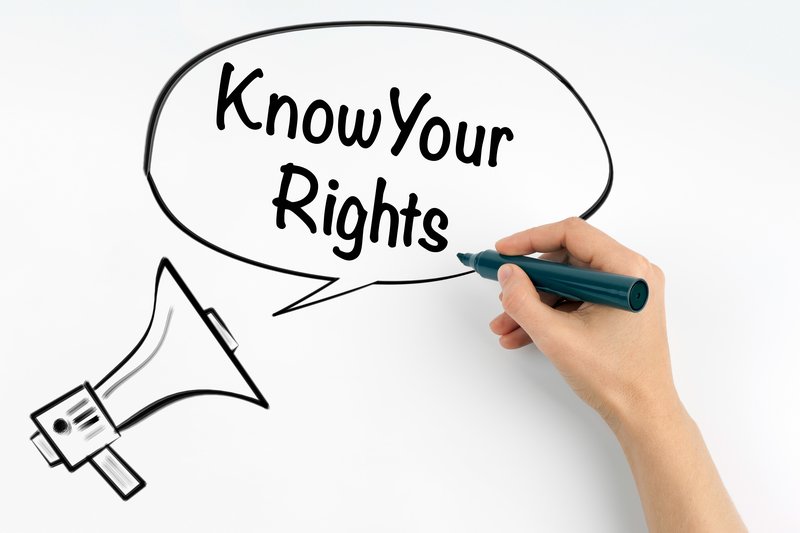As an Overseas Filipino Worker (OFW), understanding your legal rights is crucial for ensuring fair treatment and protection. In this post, we’ll explore the legal protections available to OFWs and provide practical tips for asserting your rights.
Labor Laws and Contracts: OFWs are protected by labor laws that govern their employment conditions. It’s essential for OFWs to review their employment contracts carefully and ensure that they comply with Saudi labor regulations. This includes provisions related to wages, working hours, leave entitlements, and termination procedures.
Safety and Health Regulations: Saudi Arabia has regulations in place to ensure the safety and health of workers, including OFWs. Employers are required to provide a safe working environment and adhere to occupational safety standards. OFWs should familiarize themselves with these regulations and report any unsafe conditions or practices to the appropriate authorities.
Legal Assistance and Advocacy: In case of disputes or violations of their rights, OFWs can seek legal assistance and advocacy from various sources. Government agencies like the Philippine Embassy and POLO provide consular services and support for OFWs. Additionally, non-profit organizations and legal aid clinics offer free or low-cost legal assistance to OFWs in need.
Reporting Violations: If an OFW experiences any form of abuse, exploitation, or discrimination, it’s essential to report the incident to the relevant authorities immediately. This may include filing a complaint with POLO, OWWA, or the Ministry of Labor. By reporting violations, OFWs can protect themselves and prevent similar abuses from occurring to others.
Conclusion: Understanding and asserting your legal rights is essential for OFWs in to ensure fair treatment and protection. By familiarizing themselves with labor laws, safety regulations, and avenues for legal assistance, OFWs can navigate their employment with confidence and advocate for their well-being. Remember, knowledge is power, and knowing your rights empowers you to stand up for yourself and others.
For labor/welfare and other employment-related queries, please email:
riyadh@owwa.gov.ph
For administrative concers:
poloriyadh@dole.gov.ph


